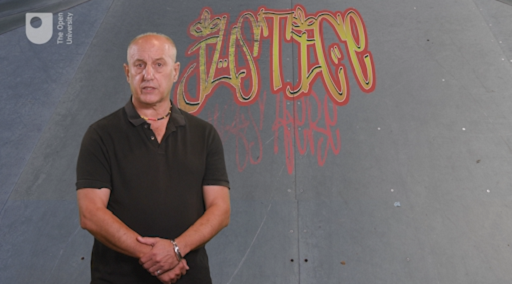Session 8: Youth justice with integrity
Introduction
In this final session, you will explore how youth justice in the UK can resist the recurring pressures of ‘toughness’ and remain creative, diverse and principled. You will consider four guiding principles for assessing the integrity of youth justice in an unjust world. These are principles that draw implicitly and explicitly from what you have learned about in earlier sessions of this course.
The four principles are informed by an appreciation of the social dynamics of race, class and gender shaping youth justice and their potential to influence ideas about, and responses to, crime and offending behaviour. The diverse forms of youth justice practice in the UK feed into wider concerns to promote social justice by developing practice and policy based around principles that empower children and defend their rights.
The four principles are:
- Social and economic justice for youth justice
- Comprehensiveness, universality and social engagement
- Diversion
- Child-appropriate justice
You will explore and examine each of these principles in this session.
Establishing the importance of basic and guiding principles is central to youth justice with integrity (Goldson and Muncie, 2008). ‘Integrity’ in this context means forms of policy and practice with young people that observe and uphold principles of fairness and human equality, respect the rights of children and celebrate human diversity.

Transcript: Session 8 introduction
By the end of this session, you should be able to:
- identify ways in which the four principles of youth justice with integrity are relevant in the UK
- recognise how the four principles underpin youth justice in a changing world
- understand the relevance of children’s rights to youth justice
- recognise the limitations of youth justice and the value of diversion.

